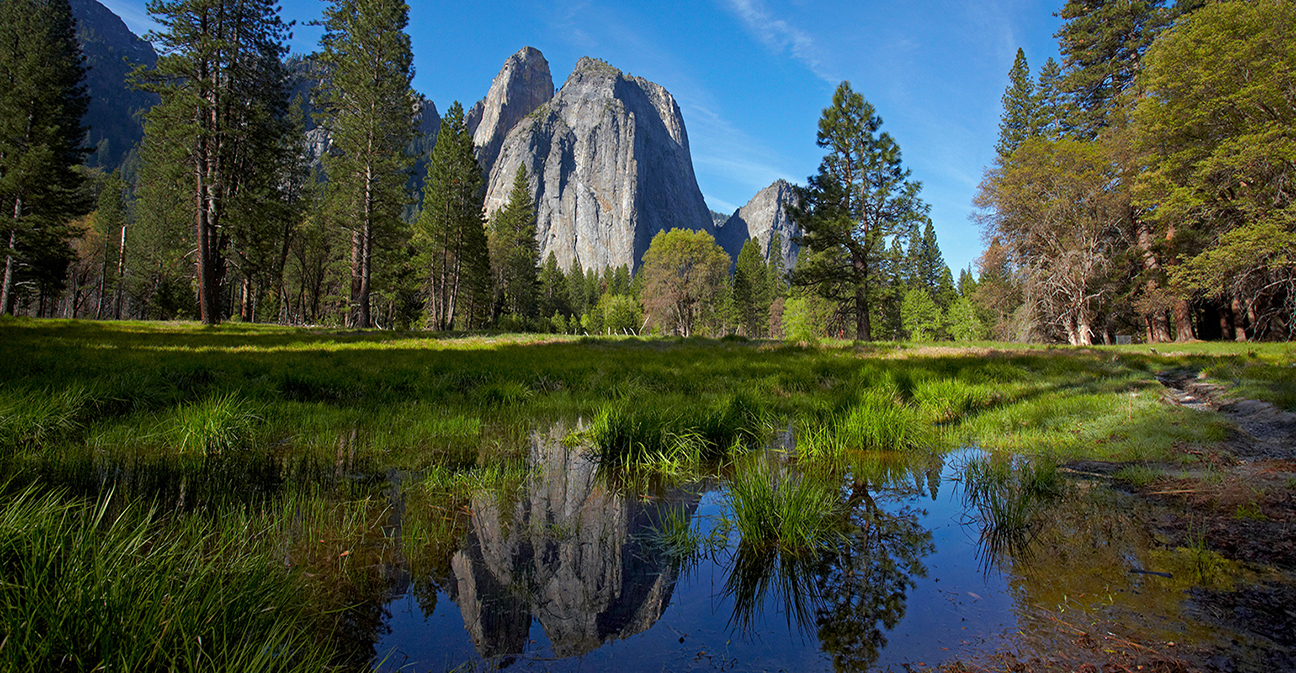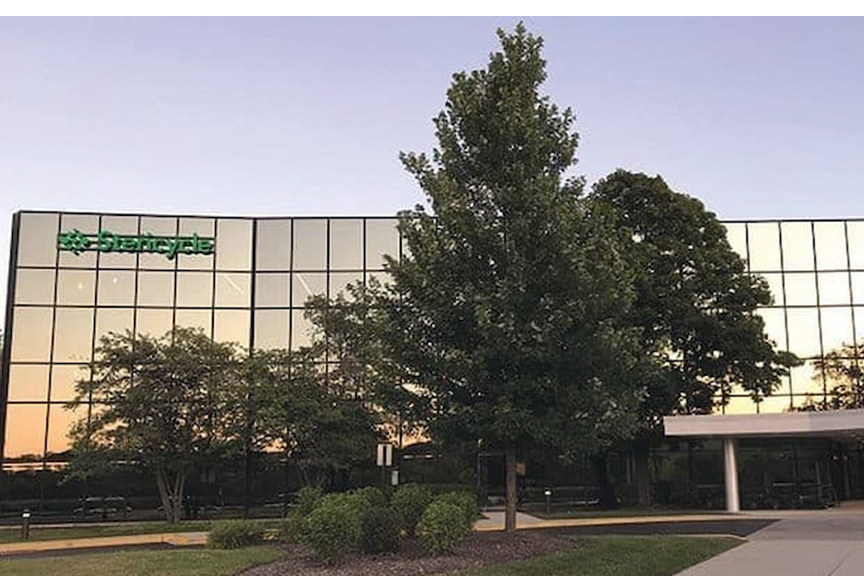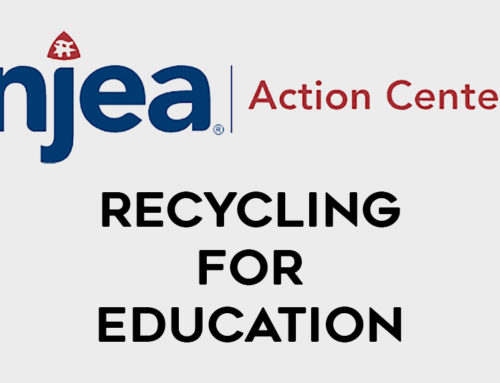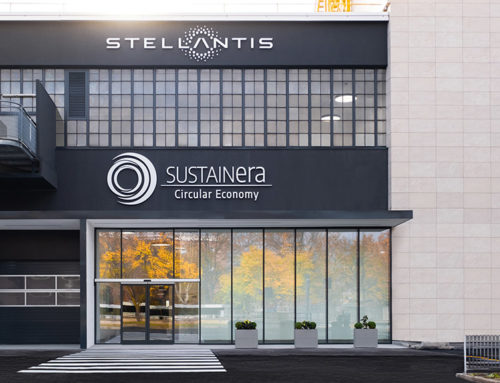Wetlands are often overlooked treasures of our natural world. These vital ecosystems play a significant role in maintaining biodiversity, improving water quality, controlling floods, and capturing carbon from the atmosphere. However, wetlands in the United States have faced decades of degradation due to human activities and environmental changes. Thankfully, there are initiatives like Stericycle, Inc.’s partnership with the National Park Foundation, aimed at restoring these crucial habitats.
The Need for Wetland Restoration
Wetlands are dynamic ecosystems that exist at the interface of land and water. They encompass marshes, swamps, bogs, and other waterlogged areas, each with its unique flora and fauna. While they cover only a small portion of the Earth’s surface, wetlands are incredibly rich in biodiversity, supporting numerous plant and animal species.
Unfortunately, wetlands in the US have faced significant damage over the years. Here are some of the key threats:
- Urbanization: The expansion of cities and infrastructure often results in wetland destruction. Drainage and land reclamation for development can lead to the complete loss of these habitats.
- Agriculture: Wetlands are sometimes drained to make way for agricultural fields. This not only reduces habitat for wildlife but also disrupts natural water filtration and nutrient cycling processes.
- Pollution: Runoff from urban and agricultural areas can introduce pollutants like pesticides and fertilizers into wetlands, degrading water quality and harming the species that rely on these habitats.
- Climate Change: Rising temperatures and sea levels, along with altered precipitation patterns, threaten the health of wetlands. Changes in water availability can disrupt the delicate balance of these ecosystems.
- Invasive Species: Non-native plants and animals can outcompete native species in wetlands, altering the ecosystem’s structure and function.

Stericycle’s Commitment to Wetland Restoration
Stericycle, Inc., a company specializing in regulated medical waste management and secure information destruction, has taken significant steps to address the restoration of wetlands. In a five-year, $1 million partnership with the National Park Foundation initiated in 2021, Stericycle is making a difference in several key locations across the United States.
One of Stericycle’s projects focuses on Yosemite National Park in California’s Sierra Nevada mountains. The Ackerson Meadow Restoration Project is the largest wetland restoration effort in the park’s history, aiming to restore and protect 190 acres of previously lost and threatened wetlands. The project has several key objectives:
- Habitat Restoration: Stericycle’s funding helps restore wetlands and improve habitats for several endangered species, including the little willow flycatcher, great gray owl, and northwestern pond turtle.
- Groundwater Storage: The project increases groundwater storage, helping to sustain these vital ecosystems.
- Public Access: Improved public access and recreation opportunities within the park enhance visitors’ experiences and promote conservation awareness.
In Cape Cod National Seashore in Massachusetts, Stericycle’s support contributes to the $75 million Herring River Restoration Project. This collaborative effort aims to restore approximately 1,000 acres of intertidal coastal wetlands. Key goals of the project include:
- Restoring Natural Tidal Flows: New structures will allow the return of natural tidal flows to degraded salt marsh habitats, improving water quality and reviving salt marsh ecosystems.
- Carbon Capture: The restored wetlands will capture and store significant amounts of carbon, contributing to climate change mitigation.
- Enhanced Habitat: Increased harvestable shellfish habitats and improved conditions for migratory river herring and American eels will enhance fishing and recreational opportunities for park visitors.
- Mosquito Control: The project will help control mosquitoes within the park, benefiting both visitors and the environment.
Stericycle’s commitment to wetland restoration is part of a larger collaborative effort. Alongside organizations like American Rivers, the Bonneville Environmental Foundation, the California Department of Fish and Wildlife, Google, the National Park Service, the U.S. Forest Service, and the Yosemite Conservancy, the National Park Foundation is playing a pivotal role in making these restoration projects possible.
Wetlands are vital not only for the diverse species they support but also for the broader ecosystem services they provide. Stericycle’s partnership with the National Park Foundation is a commendable effort to repair the damage done to these critical ecosystems and ensure that they thrive for generations to come. By restoring wetlands, we are not only protecting our natural heritage but also taking crucial steps toward a more sustainable and resilient future.






